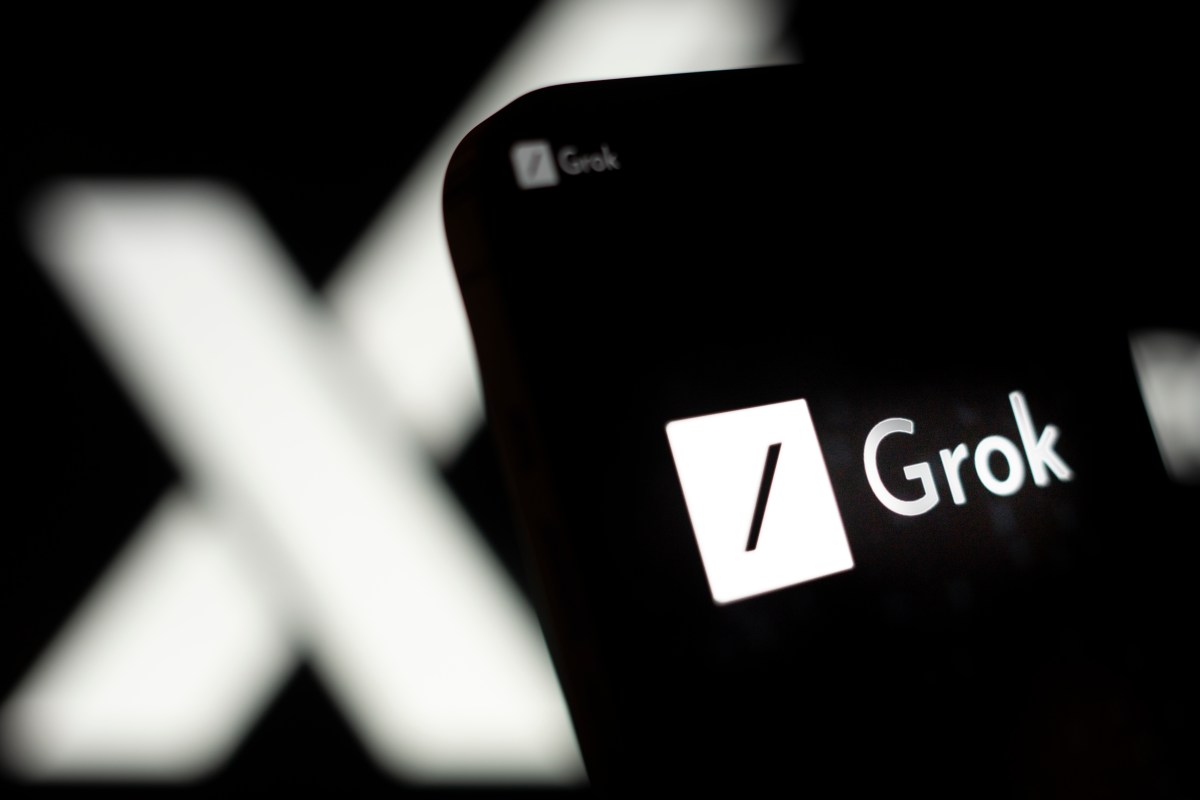Social network X has recently made its chatbot, Grok, available to more users. The chatbot, developed by Elon Musk’s xAI, was initially only accessible to Premium+ users who paid a $16 monthly or $168 yearly subscription fee. However, with the latest update, users paying $8 per month can now interact with Grok.
Grok offers two modes for users to chat with: Regular mode and Fun mode. Similar to other Large Language Model (LLM) products, Grok may sometimes provide inaccurate answers, which are indicated by labels. Recently, X introduced a new feature within Grok that allows users to explore and access trending news stories. Notably, Jeff Bezos and NVIDIA-backed Perplexity AI also offer similar capabilities to summarize news stories.
However, Grok goes beyond just summarizing stories. In fact, the chatbot generated a fake headline stating “Iran Strikes Tel Aviv with Heavy Missiles,” causing controversy and raising concerns about the accuracy of its content. This incident underscores the need for accountability and transparency when it comes to AI-powered language models.
Elon Musk’s decision to expand access to Grok is likely part of his strategy to compete with other chatbot products in the market. Notably, OpenAI’s ChatGPT, Google’s Gemini, and Anthropic’s Claude are some of the prominent competitors. Musk has been openly critical of OpenAI’s operations and even sued the company in March, accusing it of betraying its non-profit goals. OpenAI responded by seeking the dismissal of Musk’s claims and releasing email exchanges between Musk and their team.
Last month, xAI decided to open-source Grok, allowing developers and researchers to utilize and examine the chatbot’s capabilities. However, there are still questions regarding the version of the model that was open-sourced and the lack of information about the training data used. Transparency and clarity about the model’s development and the sources of training data are crucial for building trust and ensuring ethical use of AI technology.
Incorporating my own insights into this discussion, it is evident that the democratization of AI technologies, such as chatbots, can lead to both positive and negative consequences. While it allows more users to benefit from AI-powered applications, it also raises concerns about potential misinformation and the need for reliable sources. The responsibility lies with the developers and organizations behind these AI models to ensure accurate and reliable outputs, as well as the transparency of their development processes.
Moreover, the competition between different AI chatbot products is driving innovation and pushing companies to enhance their offerings. As more players enter the market, users can expect more advanced features, improved accuracy, and a wider range of applications. This competition ultimately benefits the users by providing them with a variety of options to choose from.
However, it is crucial for developers and companies to prioritize user privacy and data security. Chatbots often require accessing and analyzing personal data, which raises concerns about data protection and potential misuse. Proper safeguards and privacy measures need to be implemented to address these concerns and ensure user confidence in utilizing AI chatbots.
In conclusion, the expansion of access to xAI’s Grok chatbot to more users signifies the increasing competition and growing demand for AI-powered chatbot solutions. While this presents exciting opportunities and potential benefits for users, it also highlights the importance of accountability, transparency, and data protection in the development and implementation of AI models. As AI technology continues to advance, it is essential for both developers and users to navigate this landscape with a responsible and ethical approach.
Source link



